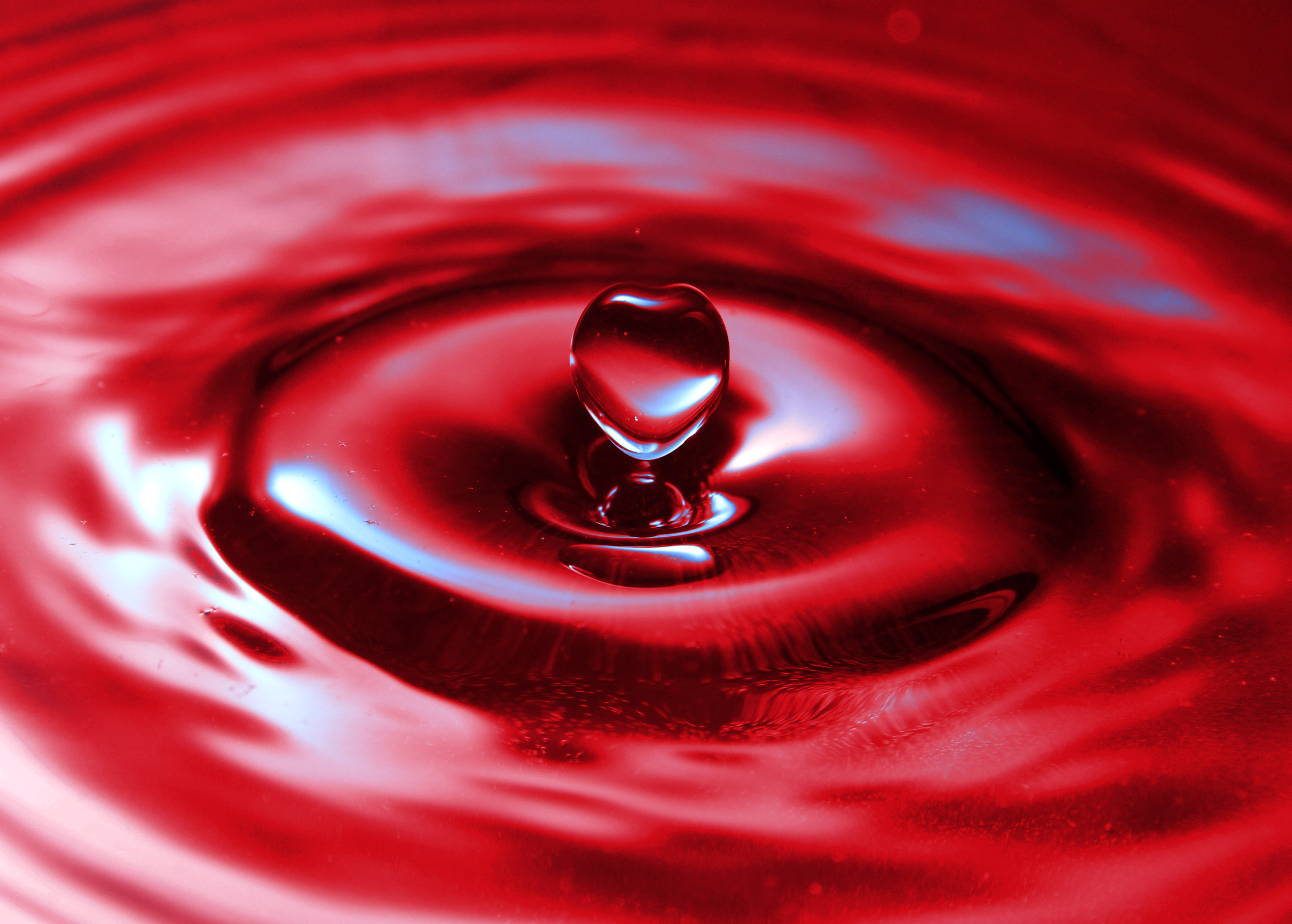
MONDAY, March 31, 2014 (HealthDay News) — Long-term HIV infection is linked to an increased risk of heart disease in men, a new study finds.
For the study, Johns Hopkins researchers looked at 618 HIV-infected men and 383 uninfected men, aged 40 to 70, in the Baltimore/Washington, D.C., Chicago, Pittsburgh and Los Angeles areas.
Study participants who had more advanced HIV and had been taking highly active antiretroviral therapy (HAART — a combination of drugs that target HIV) for a long time were more likely to have plaque buildup in their heart arteries and narrowing of the arteries.
This is called coronary artery disease and can lead to a heart attack, the study authors noted in a Johns Hopkins news release.
Previous research has suggested an association between HIV (the virus that causes AIDS) and heart disease, but the results have been inconclusive, according to the report published in the April 1 issue of the Annals of Internal Medicine.
Knowing about the link between long-term HIV infection and heart disease is important because treatment advances have led to HIV/AIDS patients living much longer, lead author Dr. Wendy Post, a cardiologist and professor of medicine at the Johns Hopkins University School of Medicine, and colleagues pointed out.
These study findings show the importance of identifying and treating heart disease risk factors in HIV patients, especially those with more advanced HIV, added Post, who is also a professor of epidemiology at the university’s Bloomberg School of Public Health.
Although the study added to evidence of a link between arterial plaque and long-term HIV infection and treatment, it did not prove a cause-and-effect relationship.
The researchers plan to investigate whether earlier treatment with HAART might reduce heart disease risk in people with HIV.
More information
The New Mexico AIDS Education and Training Center has more about HIV and heart disease.
Copyright © 2026 HealthDay. All rights reserved.

